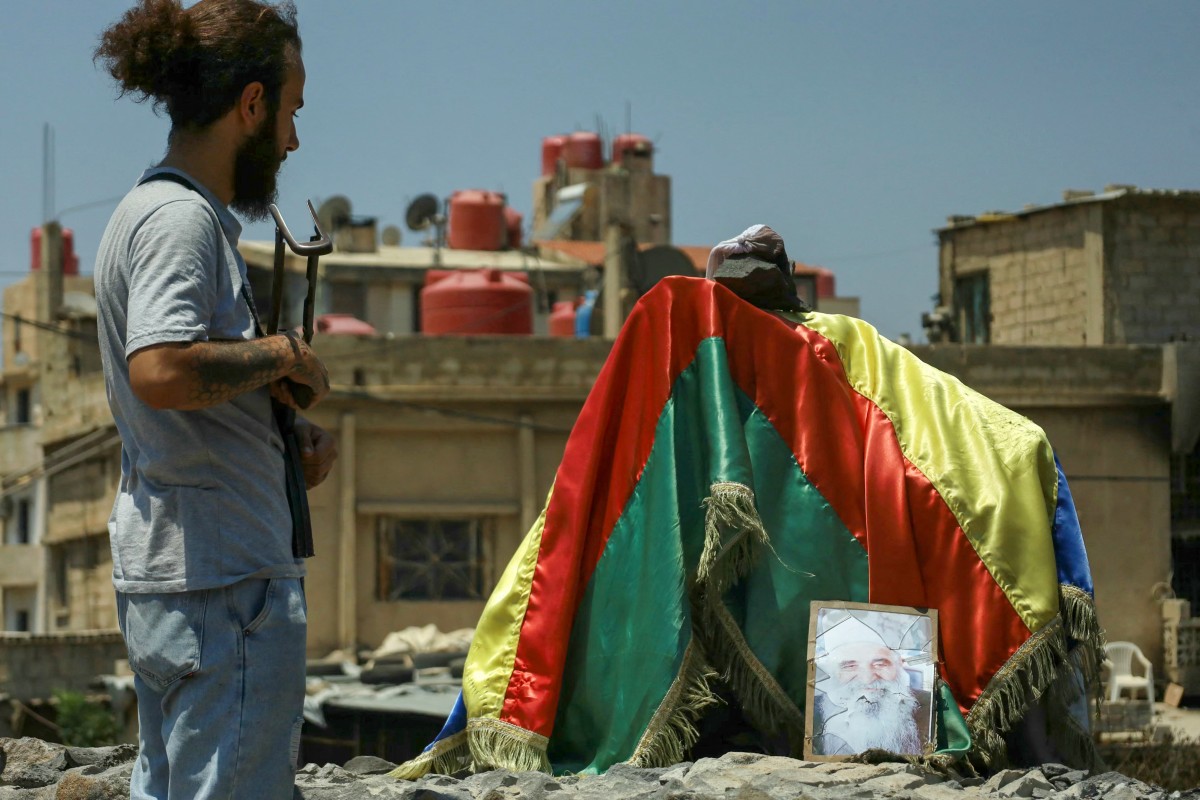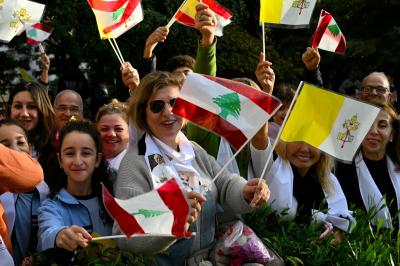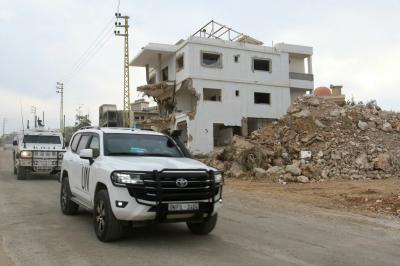Each individual is a mosaic of allegiances and affiliations. Sometimes they complement one another, and at other times, they clash. In modern states, citizenship has become the key framework binding individuals to the state—legally, socially, and politically—based on the principle of rights and duties and equality before the law. Yet in countries where sectarian or communal identities overshadow individual belonging, citizenship becomes fragmented.
One of the pillars of state stability is prioritizing national allegiance above all others. When other loyalties take precedence, the nation becomes a mere "hotel"—a temporary refuge or waiting room for a visa, a postbox for messages dictated by foreign loyalties, or worse, a battlefield to defend causes that have nothing to do with the homeland.
This misplaced loyalty has plagued Lebanon since the birth of the republic, undermining the very essence of citizenship and dragging the country through wars and calamities. Religious, political, and sectarian affiliations have routinely trumped national identity—if such a thing exists at all. Acknowledging this painful reality helps explain Lebanon’s history: from the 1958 uprising to the 1969 and 1973 events, the 1975 civil war, the post-Taif era, the Cedar Revolution, the October 17 uprising, and all the crises that followed.
In the name of democracy, Lebanon paid the price for embracing Nasserism, Baathism, the "eternal Arab nation," the ideology of Antoun Saadeh and his “fertile crescent,” and the Palestinian cause, whose militias some considered the “Sunni army of Lebanon.” Today, "Hezbollah" continues this legacy, bound by loyalty to Iran’s Supreme Leader and the slogan “Neither East nor West—only Islamic.”
One might ask: aren’t there allegiances to the West too? Perhaps alignment or cooperation, but never structured political or military parties serving Western agendas. The West has never promoted plans to erase Lebanon’s identity, dissolve its existence, or change its character. Nasserism and similar ideologies, on the other hand, did just that—questioning Lebanon’s legitimacy, dismissing it as a colonial mistake, or proposing its absorption into greater entities.
The recent violent events in Syria’s Sweida—between Druze communities and Arab tribes, followed by clashes with the Syrian regime—have reignited the debate over Lebanon’s misplaced loyalties. Reactions at home were swift and revealing. In the town of Sofar, chants rang out: “With our blood and soul, we sacrifice for Salman”—a reference to Salman the Persian, a revered figure among the Druze. Former minister Wiam Wahhab went as far as announcing the creation of an armed group, “Army of Tawhid,” to defend Sweida. Meanwhile, in Tripoli’s Bab al-Tabbaneh, motorbike convoys chanted in support of Ahmed al-Sharaa, pledging allegiance to the Umayyads—scenes that spread across the North and Akkar regions.
Although these reactions were contained by religious and political authorities, they expose a dangerous undercurrent. Under the pretext of protecting Sayyida Zainab’s shrine, "Hezbollah" went to war in Syria in defense of the Assad regime—a cornerstone of the Axis of Resistance. The result: thousands of "Hezbollah" fighters killed, and an unhealed wound left in Syria due to the group’s violent intervention.
Have we not learned from "Hezbollah"’s catastrophic involvement in Syria? Shouldn’t Wahhab be prosecuted for inciting sectarian tensions and raising militias? Shouldn’t both Sunni and Druze street movements be curtailed more decisively? Preventing Syria’s chaos from spilling into Lebanon starts with the state asserting its authority, without appeasement. Wahhab’s rhetoric is not protected speech, nor are the threatening words of "Hezbollah"’s Beqaa official, Faisal Shukr, who recently warned: “To those who call for disarmament, we’ll take your souls before your weapons.”
It’s time to break the taboos and face the core issue: loyalty to Lebanon. It’s also time to address the thorny relationship between religion and state. When a church was bombed in Damascus recently, no Lebanese Christian militia was formed to fight in Syria. Lebanese Christians have never taken up arms in Sudan, Iraq, Yugoslavia, or elsewhere. Solidarity and compassion are natural, but must remain within the bounds of speech and humanitarian support. Any armed involvement in the internal affairs of another country is a fundamental sin.
The debate in Lebanon must now go beyond disarming "Hezbollah". We must also discuss the very nature of the state and citizenship, and reexamine the relationship between religion and governance in a country made of sectarian components. Denial is no longer an option. If we truly want a stable Lebanon, we must summon the courage to engage in an honest and responsible dialogue—one that finally prioritizes the homeland.
Please post your comments on:
[email protected]
 Politics
Politics













